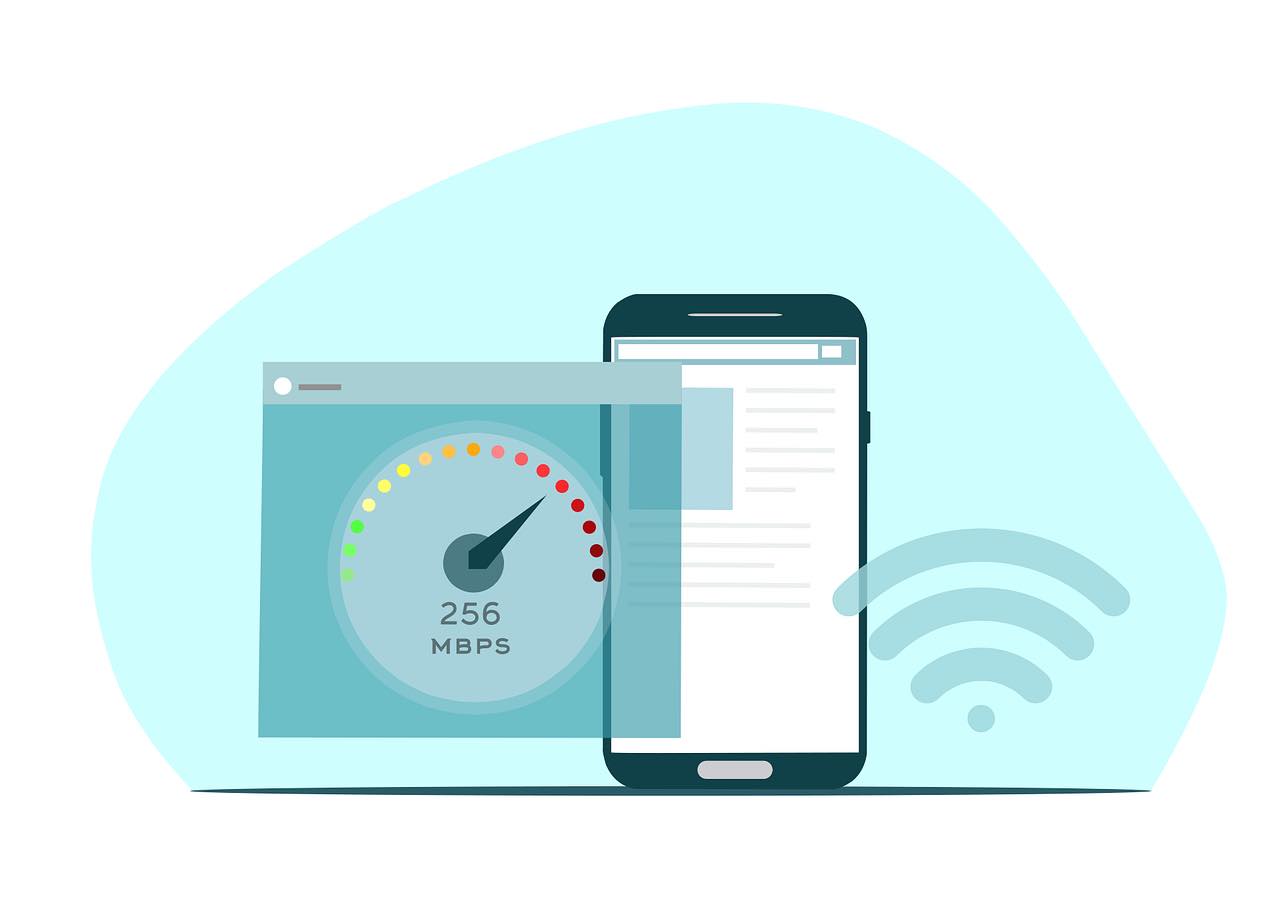11 simple steps to improve website speed

These days, speed is everything. If your website is slow, visitors will leave and you will lose out on potential customers.
It’s not enough to have a fast server and a responsive website design. You need to make sure that the content on your site loads quickly as well.
This article present 11 steps to improve the speed of your website and keep visitors happy.
Optimise Images: Image file sizes are one of the main factors in determining how long it takes for a page to load. The smaller you can make them, the better for your site’s loading time. There are many free tools available for compressing images without reducing quality too much or at all. Consider using ImageResizer.io.
Use a CDN (Content Delivery Network): One of the best ways to improve your website speed is to use a content delivery service and host your files on a centralized network. That way, not only will you avoid any local and network-related issues, but you'll also be able to keep up with high traffic times much better. CDN acts as an additional security layer to your website. Cloudflare CDN, AWS Cloudfront are amonst the top preferred.
Minify HTML, CSS and Javascript: When you load a webpage in your browser, it downloads HTML code from the server and then applies CSS stylesheets before downloading any images or Javascript files (if they exist). This process can take some. By combining and minifying scripts, your page will load faster. Fewer HTML requests means your page will be loaded quicker.
Remove bottlenecks: Websites usually take a long time to load because a task on the page is exhausting the resources. If your website is taking a long time to load and you know the code is doing a task that can be removed, it's better to identify that code and have it fixed. Performing a pair-review might help in resolving this problem.
Enable Caching: To improve your website performance and the user experience, it's recommended to enable the cache. When enabled, repeat visitors will experience faster upload speeds which in turn means improved stats. Where CacheCache is a vital part of any website’s performance and there are 3 different types of cache: Site Cache, Browser Cache, Server-level Cache.
Check your hosting: Choosing a web host comes down to weighing up what you're hosting needs are. There's lots of options available to suit you, so don't just opt for the cheapest as you will probably need to upgrade it in future. AWS is one of the best hosting provider to consider.
Remove unnecessary third-party plugins: It's always a good idea to only use the add-on plugins you need. Too many plugins on your site can slow down load time and make it more difficult for people to access content. To reduce excess load on your website, ensure your regularly test and review your 3rd party integrated plugins and remove any that you are no longer using. Example chatbots, tracking pixels, affliate pixels, etc.
Enable compression: Compressing your website files can lead to a faster page load time. You can do this with Gzip and it will reduce download time for your users - making them much happier!
Also Read: WP Fastest Cache, the Best WordPress Security Plugin – 10 Reasons You Need to Install it
Reduce your redirects: A high number of redirects can have a negative impact on page speed. Try to only include the ones that are absolutely necessary and make all your redirection URLs as short as possible, so it doesn't take up too much space. If you find yourself in a situation where you need to use redirects, it is best to make sure they're 301 or 302 server side redirects - they're the fastest type. Screaming Frog and SemRush can help you with this.
Use upto date libraries: Libraries aim to provide more features with efficient and minified code. It's better to perform a hygiene check and have all the website libraries updated to the latest version.
Fix any broken links: A broken link can be a good indicator that a user's experience with your site will be anything but positive. It can demote the quality of your site on search engine rankings and make navigating a difficult task. Thankfully there are tools like link checker that can help find any problems before they become too significant. You can try broken link checker.
Image by Mohamed Hassan from Pixabay